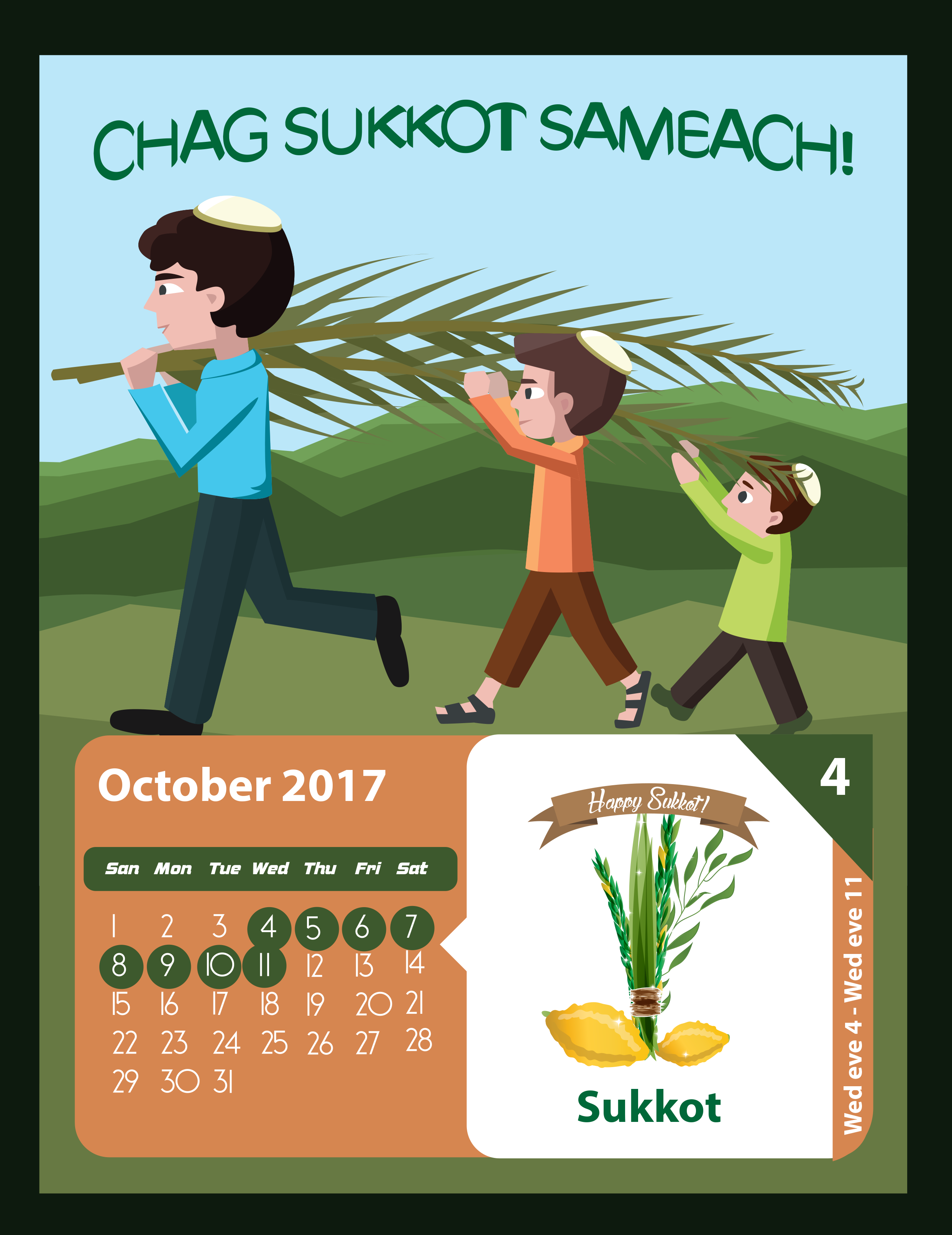We are told in Psalm 92:12-15 that, “The righteous shall flourish like a palm tree, he shall grow like a cedar in Lebanon. Those who are planted in the house of the Lord shall flourish in the courts of our God. They shall still bear fruit in old age. They shall be fresh and flourishing, to declare that the Lord is upright; He is my rock, and there is
no unrighteousness in Him.”
In this psalm, King David likens the righteous to the palm tree. Before we discuss the implications of this for Messianic believers, consider what one traditional Jewish scholar, Israel Abrahams, had to say about the righteous and the palm: “The comparison alludes both to the beauty and the material value of the tree, to its stately height and to its sweet fruit.” Mr. Abrahams goes on to say that as the ideal Israel represented righteousness, so the palm became a type of Israel’s national and religious life. The Romans felt that the tree was so intimately connected with the Jews, that when they struck a medal to commemorate the fall of Jerusalem, Judea was represented as a woman weeping under a palm tree.
Many years ago, we received a teaching from Bill Gothard concerning believers in Yeshua and their connection to the palm tree. We are still fascinated by this information on the palm.
#1. Palm trees can withstand abuse.
Most trees have a vulnerable exterior and a dead heart. If you score an ordinary tree all around the trunk, it will die. The life of the palm tree is on the inside. It has a living heart. Outward abuse does not affect its life or the quality of its fruit. (See II Corinthians 4:16.)
#2. Palm trees can endure storms.
We have lived through enough Florida hurricanes to have seen this first hand. Strong winds break ordinary trees because their leaves catch the wind. The palm tree, on the other hand, has leaves that let the wind pass through. The palm bends low but does not break. (See II Corinthians 4:7-11.) [Palms can also be uprooted, even when mature, and flourish in their new location.]
#3. Palm trees can survive drought.
The roots of the palm are unusually thick and strong. They do not taper and branch like ordinary roots. Palm trees send their roots deep into the ground, reaching water sources not available on the surface. (See Ephesians 3:16-19.)
#4. Older palms produce sweeter fruit.
While ordinary fruit trees produce less fruit with age, both in quantity and quality, palm trees produce sweeter fruit as they age. In fact, palms don’t even bear fruit until they mature, which may take up to 50 years! (See Psalm 92:14-15.)
This Sukkot, as we look at the lulav, let us meditate on the fact that as believers in Yeshua the Messiah, we have been made righteous (I Corinthians 1:30), and as such, will flourish like a palm tree. We can endure storms and come out victorious. As we bend low (humble ourselves), God exalts us in due time. We can survive drought. We
may pass through dry, desert times of testing, but we have roots that go deep into the love of God and the living waters of Yeshua. We will remain green, fresh and flourishing! We will still bear fruit in old age. We will grow in godly character and have sweeter dispositions, be more like Yeshua, and exhibit more of the fruit of His spirit as we enter our golden years. It is glorious to be a palm tree believer!
From all of us at Jewish Jewels,
May you flourish as the palm tree!
May you bear exponential fruit for Him!




You must be logged in to post a comment.